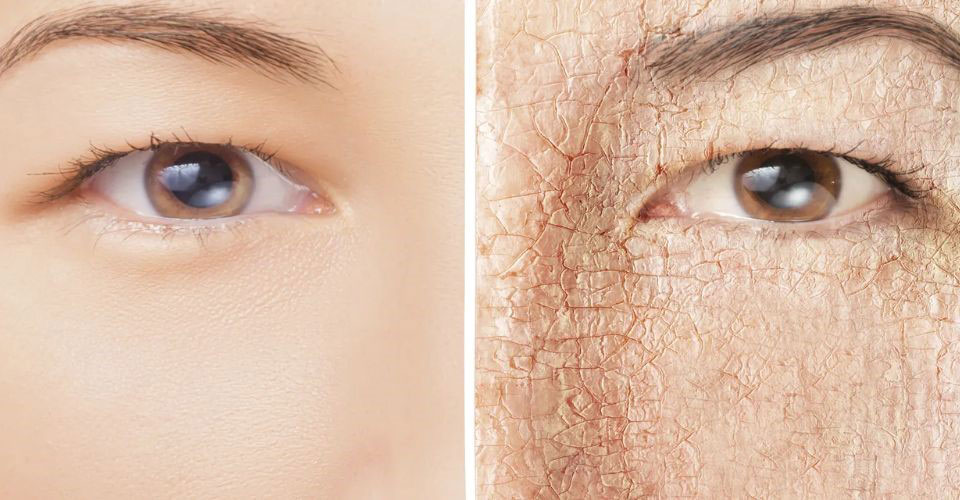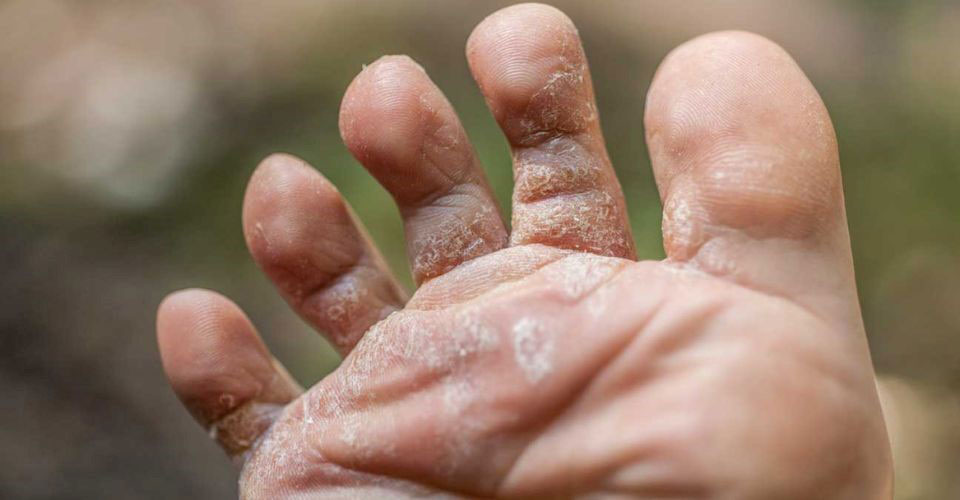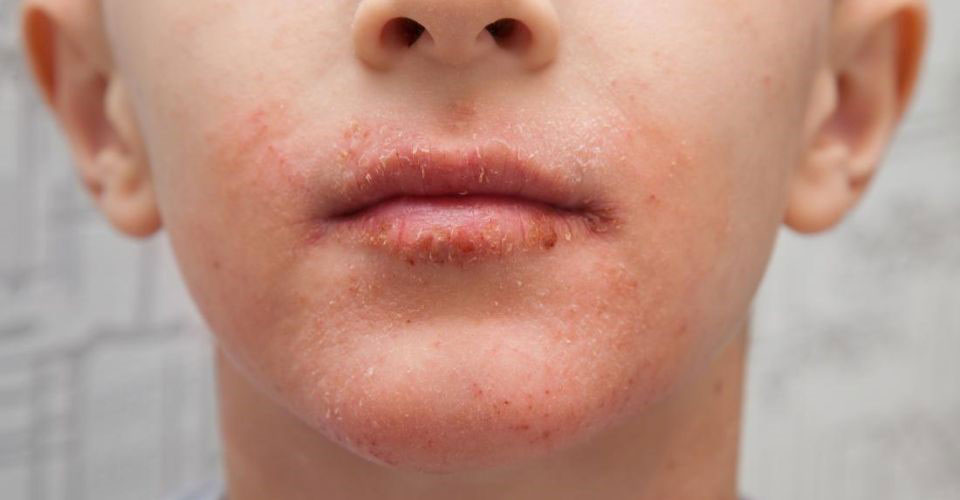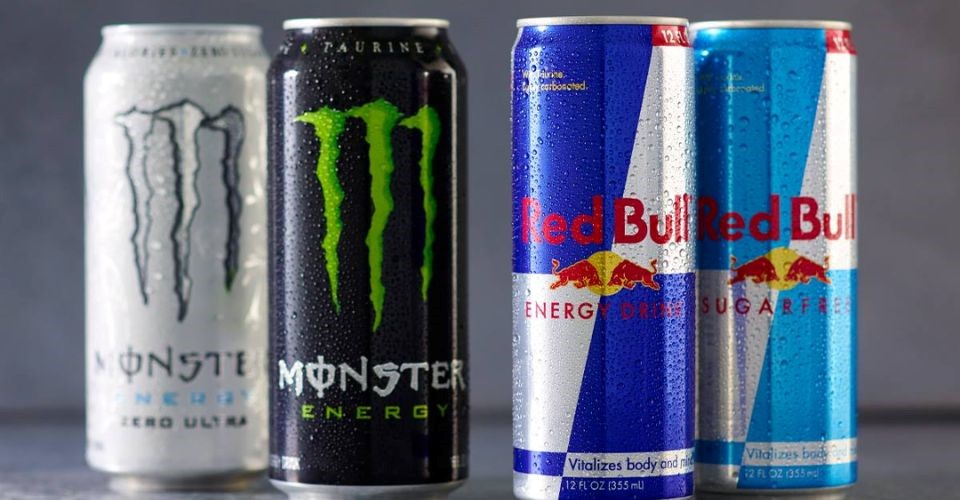The appearance and feel of dry skin are flaky, rough, itchy, or scaly.
Each person experiences these dry areas in a different location.
Despite this, it is quite prevalent, can affect people of all ages, and can appear anywhere on the body, from the hands and face to the stomach and legs according to MedlinePlus.

Understanding dry skin
Types of Dry Skin
Skin that lacks sufficient moisture to be supple is said to be dry. Xeroderma is the medical term for this skin condition and severe skin dryness is xerosis.
Dry skin types include:
Contact dermatitis
It happens when something that irritates or triggers an allergic reaction comes into touch with your skin.
You can experience a skin rash in addition to having dry, red, and itchy skin.
Eczema
It is a group of skin conditions that results in red, bumpy, itchy, and dry skin areas. Your skin may crack from severe forms, which increases your risk of infection.
Irritating substances, allergies, and stress can make this common skin disease worse.
Athlete’s foot
A fungus produces athlete's foot, which might resemble dry skin on your feet.
This fungus is known as "ringworm" because it spreads across your body. The soles of the feet of those who have athlete's foot can have dry, flaking skin.

Athlete’s foot
Seborrheic dermatitis
Dry, flaky skin patches on your face, chest, and the inside creases of your legs, arms, or groin might be a symptom of seborrheic dermatitis.
It may also impact your navel less frequently.
When your body reacts to a typical yeast that develops on your skin, it might cause this kind of dermatitis.
What Causes Dry Skin
If your skin loses water too quickly and dehydrates, dry skin develops. The following factors can make it more likely for the skin to lose water.
-
Season: Since humidity levels are generally low in the fall and winter, dry skin is more prevalent.
-
Age: Your risk of developing dry skin increases as you age because your pores naturally produce less oil.
-
Bathing habits: Your chance of developing dry skin is increased if you frequently bathe or wash in very hot water.
-
Medical history: If you have a family history of eczema or other allergic diseases, you are more prone to developing eczema or allergic contact dermatitis.

Older people often get dry skin
Symptoms of Dry Skin
The signs and symptoms of dry skin may change depending on your age, skin tone, health, living environment, and sun exposure.
You might experience one or more of the following if you have dry skin:
-
Itchiness
-
Peeling skin
-
Cracks or fine lines
-
Skin that looks and feels rough
-
A feeling of skin tightness
-
Dehydration
-
Skin infections
-
Skin feels painful, may burn or sting
-
Wrinkled with a loose and rough texture

Some common symptoms of dry skin
Treatment for Dry Skin
Rehydrating or adding moisture back to your skin is the main treatment's objective for dry skin. Dry skin treatment options include:
Use moisturizers
Moisturizers help restore your natural skin barrier while hydrating dry skin to prevent cracking.
They may be in the form of lotions, ointments, creams, and oils.
Hyaluronic Acid, Glycerin, Ceramides, Stearic acid, etc are among the common components of moisturizing treatments.
Nivea Soft Crème 100Ml - 42204091 is a good moisturizer that you may consider.
Providing long-lasting moisture and supple, soft skin, it is an all-in-one revitalizing body lotion, face moisturizer, and hand cream.
Also, its light formula contains Jojoba Oil and Vitamin E, which quickly absorbs into the skin and revitalizes it.

You should choose a suitable moisturizer
Take medications
A topical steroid, which works to lessen the swelling (inflammation) in your skin that causes a rash and itching, may be prescribed by your doctor for severely dry skin.
It may be necessary to take oral or injectable medicine in some extreme situations.
Anywhere on your body may have dry skin; however, the most common areas are face, hands, feet, elbows, genitals, legs, and around your mouth.
Your skin may crack open and bleed if it is excessively dry or untreated. These cracks expose the body to pathogens that might lead to diseases when they become open wounds or sores.
Importantly, itchy and dry skin could be a sign of a more serious health issue, such as kidney disease or diabetes.
Acne can also be brought on by dry skin since blemishes can occasionally develop as a result of overall skin damage.
In that case, simply continue your routine of skin care while adding in the twice-daily application of a moisturizer designed for acne-prone skin.
In addition, avoid using chemicals like rubbing alcohol as these can further dry out your skin.
Final Thoughts
Despite the fact that dry skin is frequently a chronic problem, it is extremely controllable. Consult your healthcare provider for advice on how to treat and avoid dry skin. If conditions, such as eczema, are the root cause of your dry skin, your doctor can recommend medications and provide treatment guidance.



8 Comments
Selena Ramos
What is the best soap for dry skin during the winter?
Leave a Comment
Your email address will not be published. Required fields are marked *Barcodelive
Commercial soaps do not contain glycerin hence no matter how costly soap you use, your skin will get dry. And the reason is these soaps strip off natural oil of skin and do not give mosturising effect on skin.
Leave a Comment
Your email address will not be published. Required fields are marked *Klein
Are there any deficiencies that can cause dry skin, chapped lips, dull hair/hairloss, etc? I’d love to know your knowledge and experience to learn more. Recently have been noticing how underrated supplementation is!
Leave a Comment
Your email address will not be published. Required fields are marked *Vivian Johnson
Yes, if you can’t process biotin, for example.
Leave a Comment
Your email address will not be published. Required fields are marked *Gauransh Biyani
Hypothyroidism which led to iron, vitamins D and B12 deficiencies caused these issues for me. I'd definitely get checked by your Dr, especially if you have other symptoms such as extreme tiredness, hypersomnia, sensitivity to cold etc.
Leave a Comment
Your email address will not be published. Required fields are marked *Jamshed Som
It’s Magnesium deficiency. Just went to the doc about this
Leave a Comment
Your email address will not be published. Required fields are marked *Aarti Padmanabhan
Obviously, dry skin can itch horribly. Does anyone know what it is about dry skin that can make you want to scratch your skin off?
Leave a Comment
Your email address will not be published. Required fields are marked *Hayden Taylor
Verify your vitamin D consumption. Conditions might worsen depending on the environment. I did experience a similar situation (for years), I moved states, environment was better, consummed vitamin D and it got better. That was my scenario tho, your scenario can be different.
Leave a Comment
Your email address will not be published. Required fields are marked *Leave a Comment
Your email address will not be published. Required fields are marked *